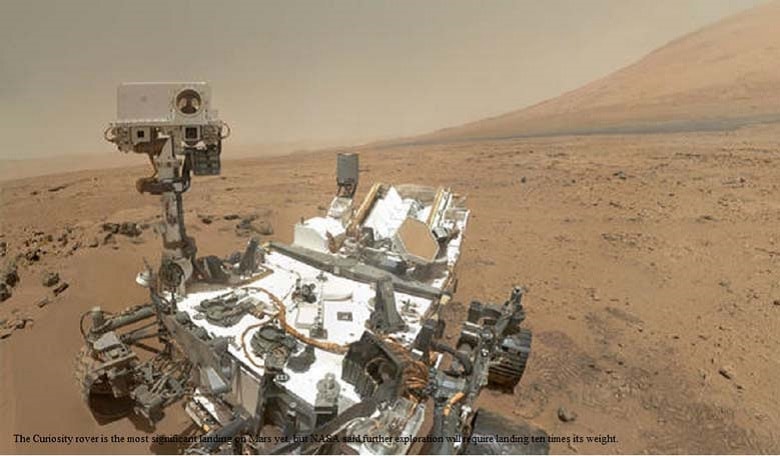The document lays out next two steps in preparing for travel to the Red Planet.
NASA has published a new report, describing the next steps it has in view for further Mars exploration.
Coming at the time of announcements that water may have existed for millions of years on the planet, “NASA’s Journey to Mars: Pioneering Next Steps in Space Exploration” outlines the three phases leading to what it hopes will be a human presence.
“NASA is closer to sending American astronauts to Mars than at any point in our history,” NASA Administrator Charles Bolden said in an agency statement. “Today, we are publishing additional details about our journey to Mars plan and how we are aligning all of our work in support of this goal.”
The first step, “Earth Reliant” exploration, is already in progress, with experimentation on board the International Space Station and research into how space travel and extended stays affect the human body and health.
“Proving Ground” will provide training in deep space exploration for astronauts on an asteroid boulder, redirected into a stable orbit around the moon by means of the Asteroid Redirect Mission.
The ultimate phase, “Earth Independent,” will rely on the lessons of the first two to enable missions closer to Mars and eventually on its surface. NASA said that this phase would, like the ISS itself, be collaborative and multinational, “a global achievement.”
“In the coming weeks, I look forward to continuing to discuss the details of our plan with members of Congress, as well as our commercial and our international partners, many of whom will be attending the International Astronautical Congress next week,” Bolden said.











